GA Court of Appeals Enforces Contract Clause, Excluding Liability for Incidental Damages Where Specific Performance Is Ordered
Constructlaw
JULY 12, 2022
(collectively DonRob) agreed to sell, and 360 Residential LLC, 360 Sugar Hill LLC, and 360 Capital Company LLC, (collectively 360) agreed to purchase 12 acres (Site) of a 37-acre parcel of property in Sugar Hill, GA (the Agreement). Between the Agreement date and the scheduled closing date, the parties’ relationship deteriorated.


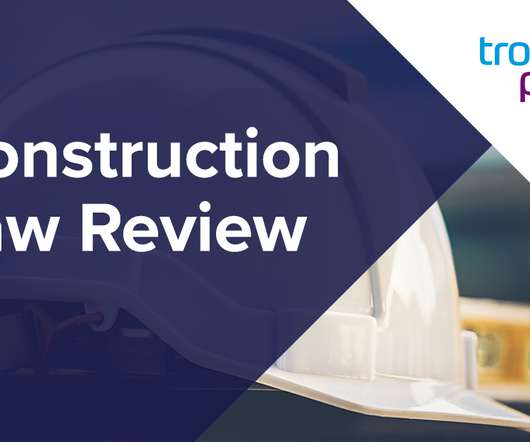

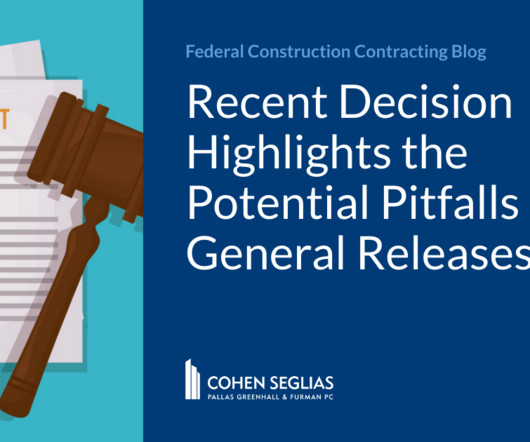


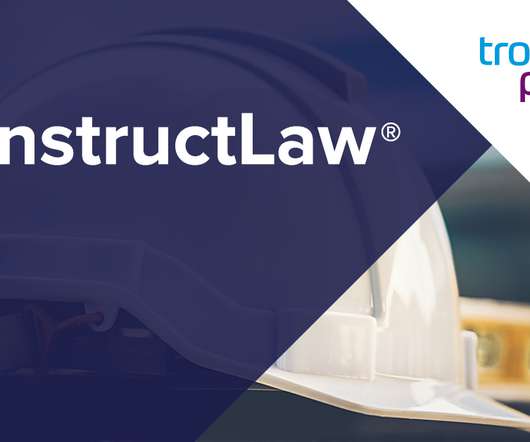

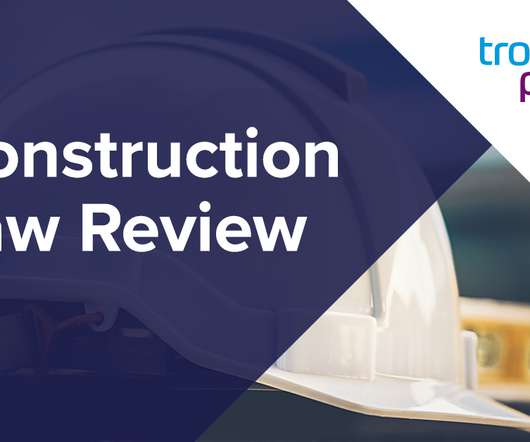
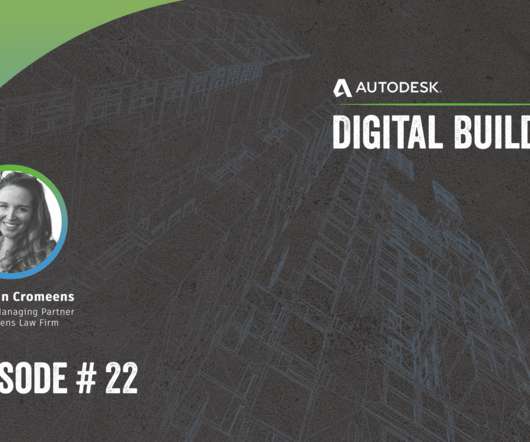
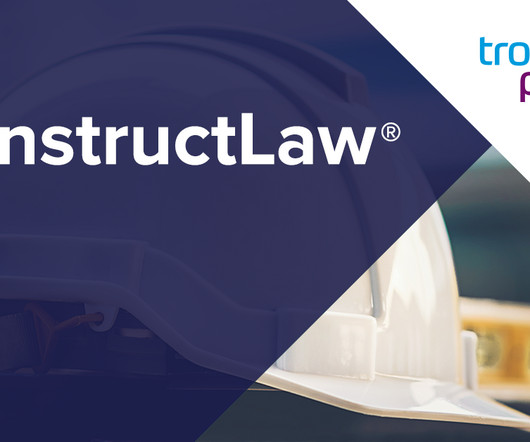










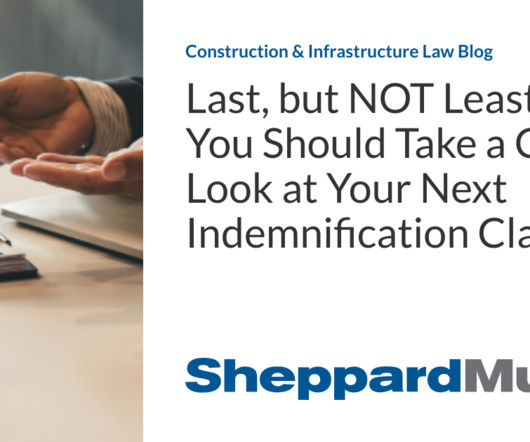
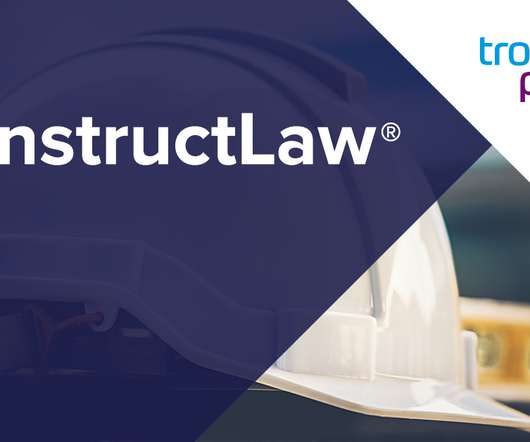























Let's personalize your content